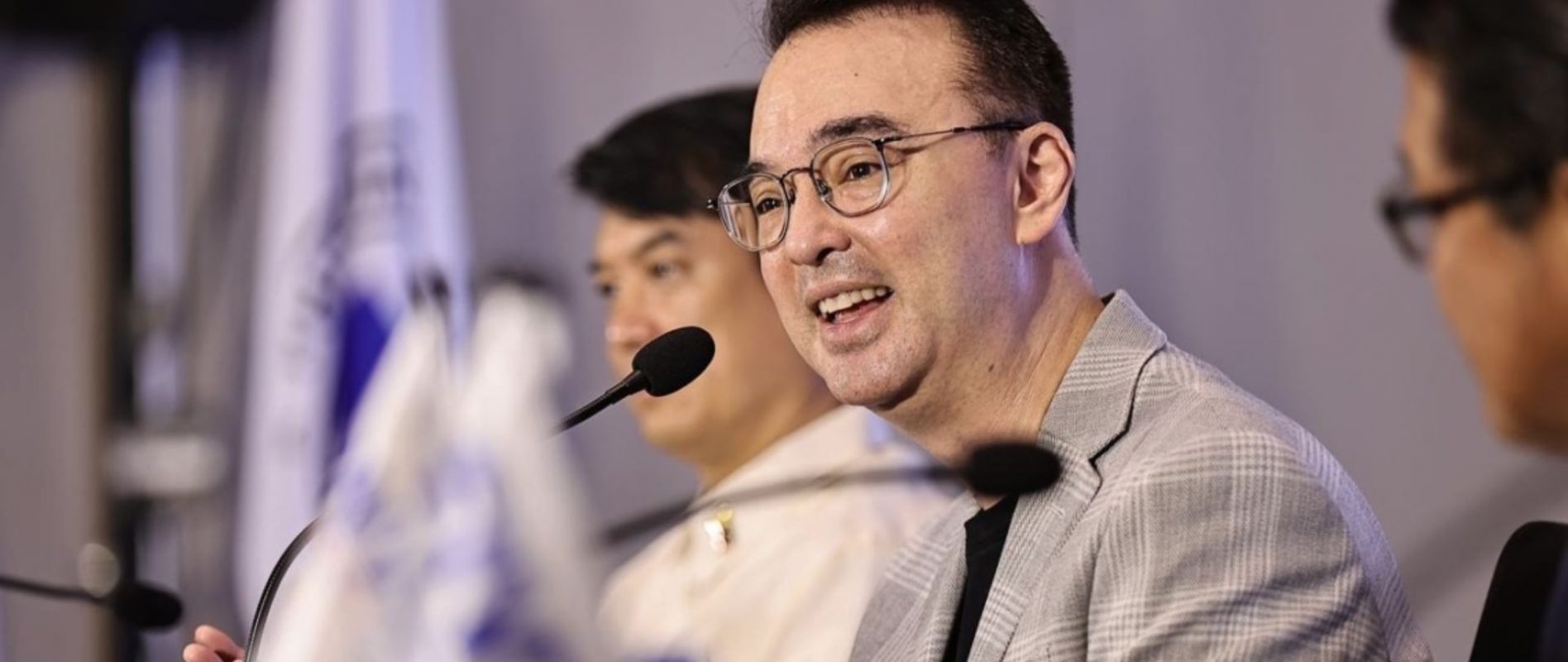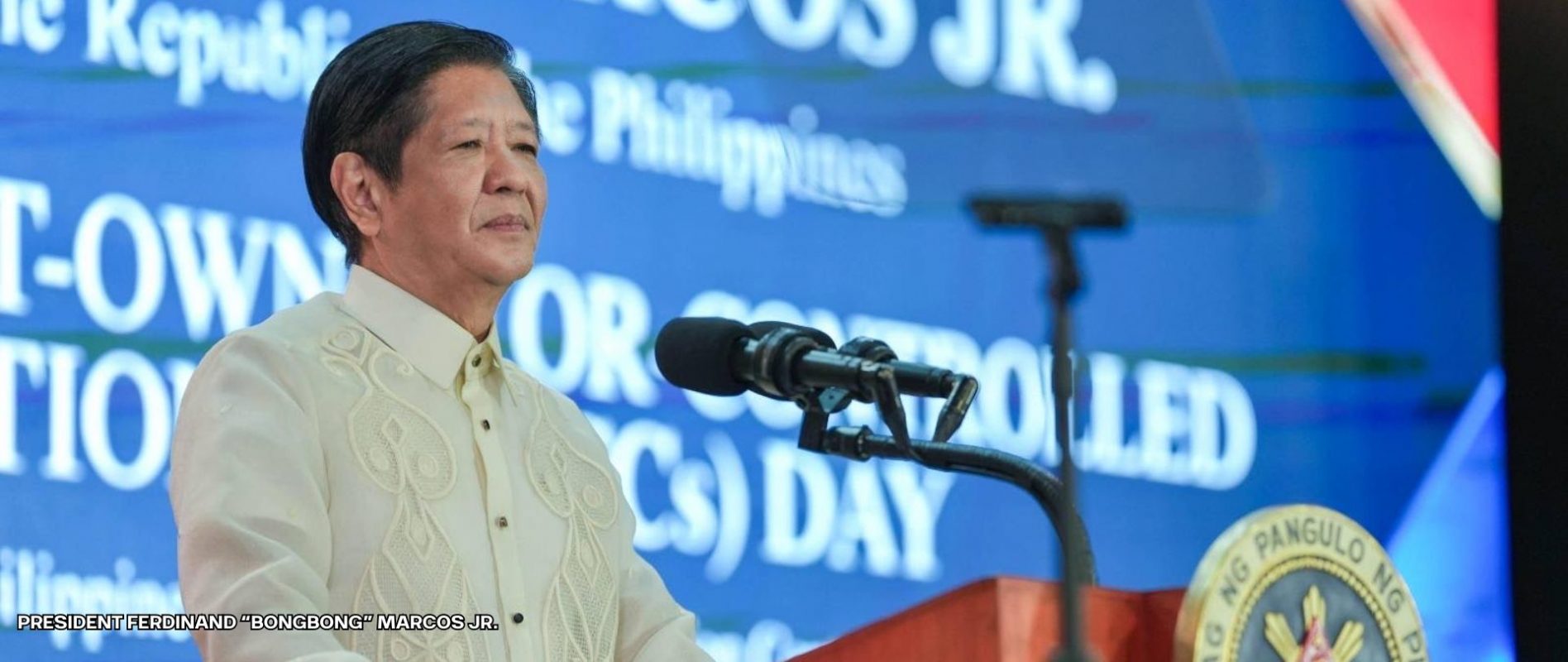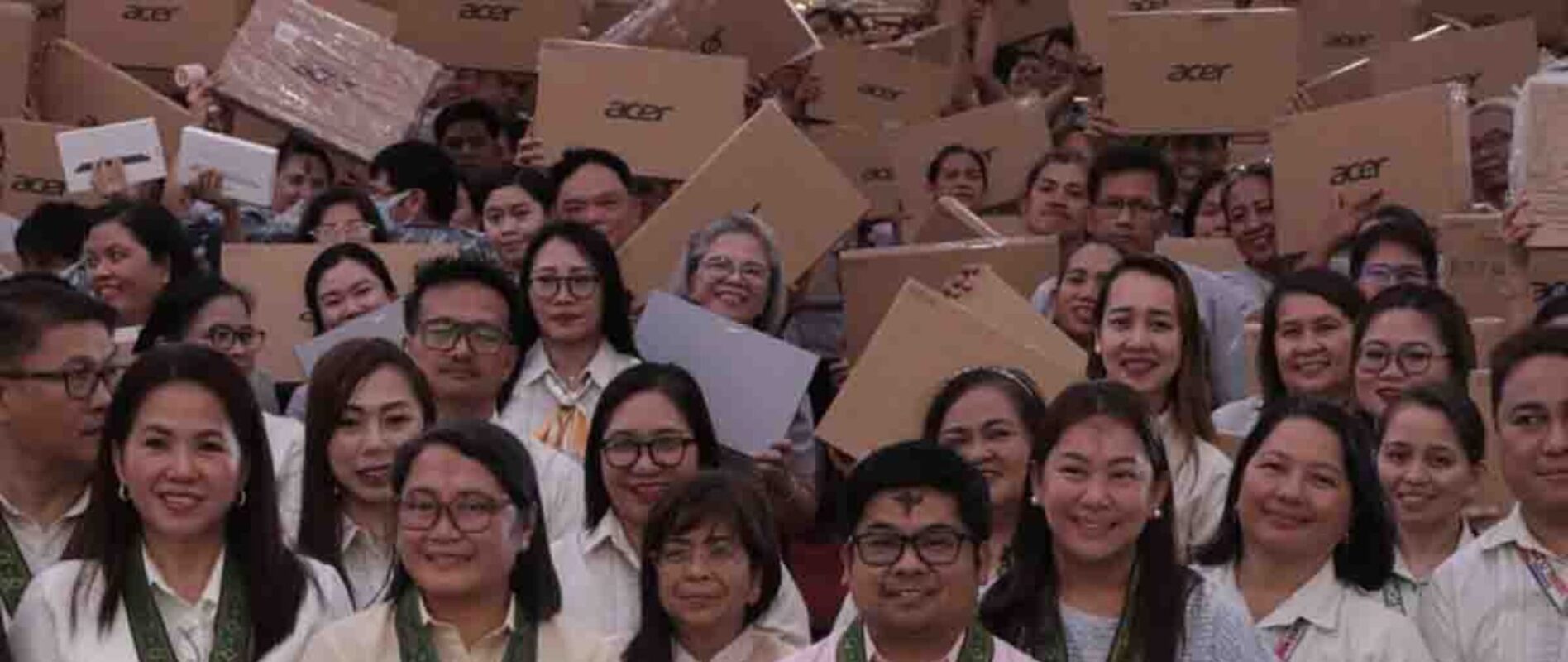SENATOR LAUDS P1-B BOOST FOR EARLY CHILDHOOD CENTERS IN UNDERSERVED LGUs
SENATOR Alan Peter Cayetano on Friday welcomed the national government’s P1-billion investment to establish Child Development Centers in low-income areas, calling it a much-needed step toward addressing significant gaps in early childhood care and development across the country.
Following the signing of a joint circular in Malacañang formalizing the initiative, Cayetano emphasized the value of investing in a child’s foundational years to improve long-term education outcomes.
The program — a joint effort between the Department of Budget and Management and the Department of Education — will benefit 328 local government units currently lacking access to early childhood care and development (ECCD) services.
A strong advocate of education reform, Cayetano emphasized the lasting impact of early childhood investments.
“The highest return on investment is in maternal health and early childhood,” he said, citing Singapore President Tharman Shanmugaratnam’s statement on the importance of development in a child’s first two years.
“Whatever we do now, that is what we will see in 2035, 2045, and 2050,” he added.
Cayetano also pointed out that improving early education could lead to generational transformation.
“If our dream is to see more Filipinos earning above minimum wage, or OFWs no longer working as domestic workers in the Middle East but as engineers and architects, that will happen if we fix our education system now,” he said.
Studies show that ECCD improves academic performance, school completion rates, and future income potential. However, it remains one of the most underfunded and neglected sectors in the Philippine education system, according to EDCOM II’s Year 2 Report.
In recent years, the government has allocated only P3,870 per child for ECCD health-related services — less than half the average in lower-middle-income countries.
Meanwhile, first-class municipalities enjoy Special Education Fund (SEF) incomes 68 times greater than sixth-class municipalities.
Currently, only 21 percent of Filipino children aged 3 to 4 are enrolled in early learning programs.
Under the joint circular, LGUs must apply for funding through DepEd, which will evaluate and endorse requests to the DBM.
In return, LGUs must provide at least 150 square meters of land for the centers and shoulder operational costs, including staff salaries.














